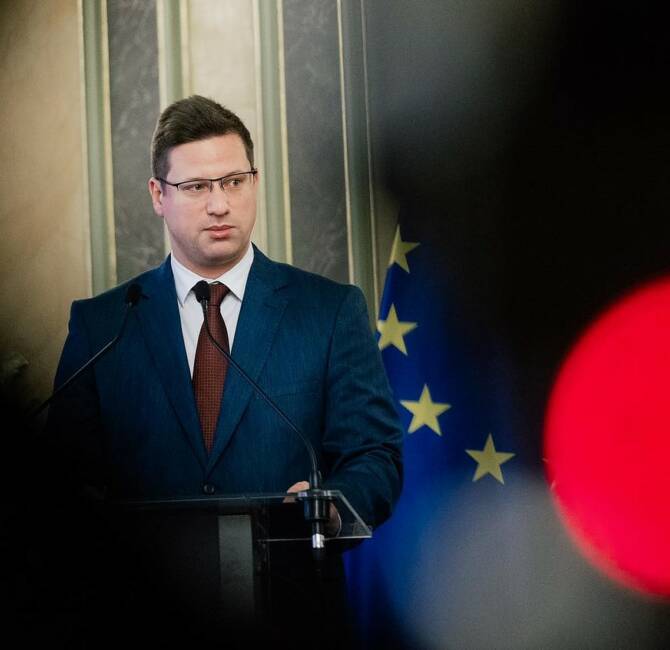Poland – After the bill’s rejection by the Polish Senate, where the opposition has a majority, and its adoption the last time it was presented in the Sejm (by 229 votes to 212 and 10 abstentions), on Monday Polish President Andrzej Duda vetoed what is commonly called the “Lex TVN”. The Sejm would need a three-fifths majority to overrule his veto.
TVN24 as main opposition channel
The law, which was voted on upon its first submission to the Sejm on 11 August and then adopted by surprise in its last presentation shortly before Christmas, would have allowed television channels to obtain a broadcasting licence in Poland only if they are not owned by a legal entity with its headquarters outside the European Economic Area (EEA) or which is itself the property of a legal entity from outside the EEA. This is a fairly common rule in Europe. However, it would have led the existing TVN television group, whose Dutch owner is itself owned by America’s Discovery Inc. and which is wholeheartedly on the opposition’s side against PiS, could not have had its television channels’ licences renewed, including for its news channel, TVN24.
In addition to the uproar it had caused in the Polish opposition’s ranks, the new law, commonly dubbed “Lex-TVN” in the Polish media, had caused the Biden Administration to react. US Secretary of State Antony Blinken said that if this bill becomes law, it would affect
“the most-watched independent news station, which is also one of the largest US investments in the country”,
[and] it “would significantly weaken the media environment the Polish people have worked so long to build”. Blinken urged the Polish government to demonstrate its commitment to “the principles and values for which modern, democratic nations stand”.
Concerns in Brussels about press pluralism
For its part, the European Commission, through its spokesman Christian Wigand, said on 20 December that the new media law “may result in a forced change in the ownership structure of media companies and poses a serious threat to the freedom and pluralism of the media in Poland”. In other words, the adoption of this law could lead to a further deterioration of Warsaw’s already strained relations with Washington and Brussels.
President Duda as the guarantor of freedom and pluralism
President Andrzej Duda therefore decided to calm things down and veto a law that could lead to new conflicts. Regarding its substance, however, Duda acknowledged that the law pursued a legitimate goal:
“I think that generally limiting the ability to hold shares in media companies is sensible when it comes to foreign capital
(…) I share the opinion that [this principle] should be introduced in Poland, but for the future”, as
“the bill and its amendments concern entities already present on the market [and] there is also the question of media pluralism and freedom of expression,
factors Andrzej Duda insisted should be considered. “When I made my decision, I took this element seriously, he said. Thus, Andrzej Duda is putting himself in the role of a guarantor of the opposition’s ability to continue to express itself with a powerful television group on its side.
The American chargé d’affaires in Warsaw, Bix Aliu, reacted positively to the news on his Twitter account: “Thank you President Andrzej Duda for your leadership and commitment to common democratic values and to protecting the investment climate in Poland. Together, allies are stronger! ”
The bill has therefore been sent back to the Sejm, which the President has called upon to adopt “if possible, rising above political divisions, solutions to limit the possibility of stock and shares being held by foreign entities in companies holding broadcast licences in Poland”.




